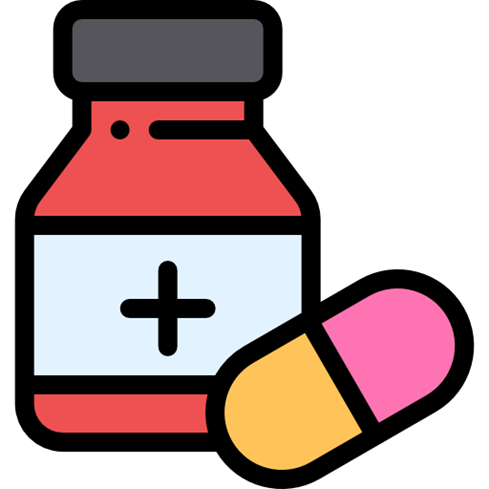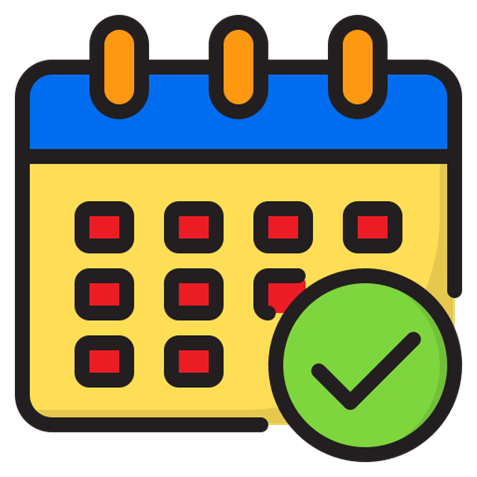Medication
Click a link for more information:
Discussion Questions Sensory Stimulation Activities

Medication can play a
part in increasing the risk of people falling. Taking
5 or more medications is called polypharmacy.
The number of medications a person takes and how these interact with each
other can affect a person. Polypharmacy
can affect cognition, increase the chance of hospital admission and in some
cases even increase mortality.
Lots of medications can cause side effects, these side effects often include things such as dizziness and/ or drowsiness, insomnia, causing reduced alertness, slower reactions and movements. All of which can increase a person's chance of falling. Any severe or abnormal side effects should be mentioned to a GP or pharmacist.
It is important that medications get reviewed yearly, this helps identify opportunities to ensure a person gets the best out of the medicines, allows for an opportunity to check that they are working properly and discuss any queries or concerns. It gives the doctor a chance to explain why medication are important, what they do, and it means that the medicines can be changed if they are no longer right for you.
It is vital that medication is managed appropriately and that individuals are receiving the right amount of medication. Taking the wrong medication, the wrong dosage of medication, or a medication that has a bad reaction with another can have dangerous side effects.
Ways to remember to take medication

These suggestions are for someone who’s dementia isn't too severe.
- Put a reminder note somewhere where it will be seen every day.
- Mark off the date on the calendar.
- A voice activated device (such as Alexa) can be used to give repeated, timely prompts to take medication.
- Get a weekly pillbox (dosette box) with compartments for each day and dosing time which can be a visual reminder to take medication and help prevent double doses.
- Before taking medication, make sure all the packets/bottles are the right way up then when the tablets have been taken, flip the packet/bottle over so it is known it has been taken or move it from the left side to the right side of a stationary object.
However, a person may require assistance from a family member or a carer to take their medication. In such instances it is advisable that the medication is kept out of sight and reach so person does not take some by accident or become anxious about whether or not is has been taken.
It is important to ensure that medication is only taken by the person it is prescribed for and that the medication is not out of date. Also, if there is any medication that is no longer required it is advisable that this is returned to the pharmacy for safe disposal to reduce the chance of it causing confusion about what should be taken or it being taken by accident.